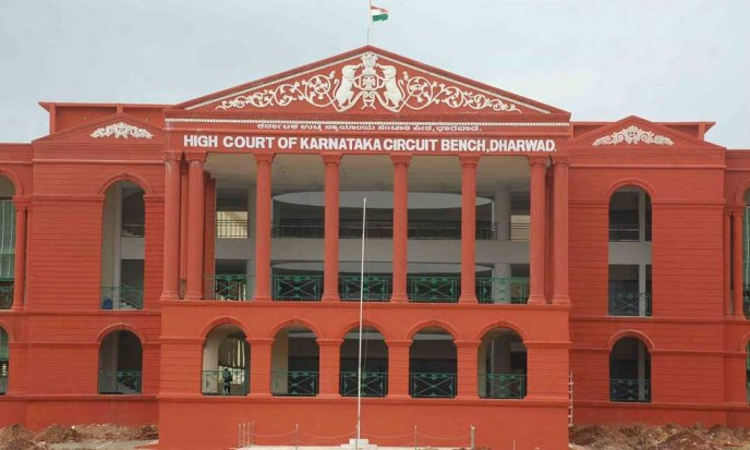Not Mandatory For Each Partner In A Firm To Contribute Towards Share Capital: Karnataka High Court
Mustafa Plumber
13 Dec 2022 4:30 PM IST

Next Story
13 Dec 2022 4:30 PM IST
The Karnataka High Court has said that it is not necessary that there must be an investment (share capital) by each partner to constitute a partnership firm and it cannot be presumed that a partner who does not contribute is a co-worker and not a partner in the firm. A single judge bench of Justice Umesh M Adiga made the observation while setting aside an order of appellate court...
